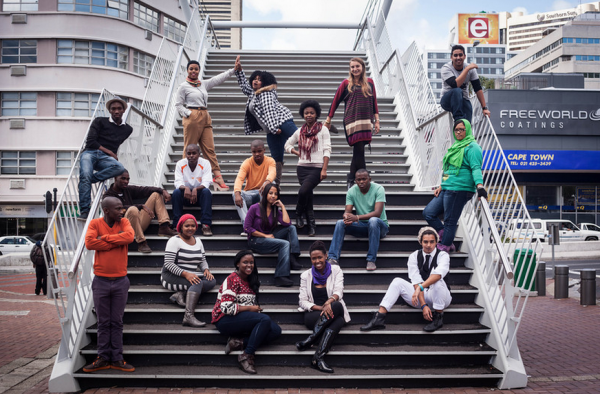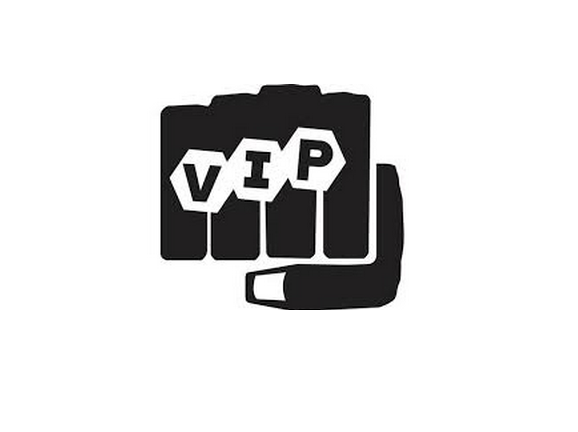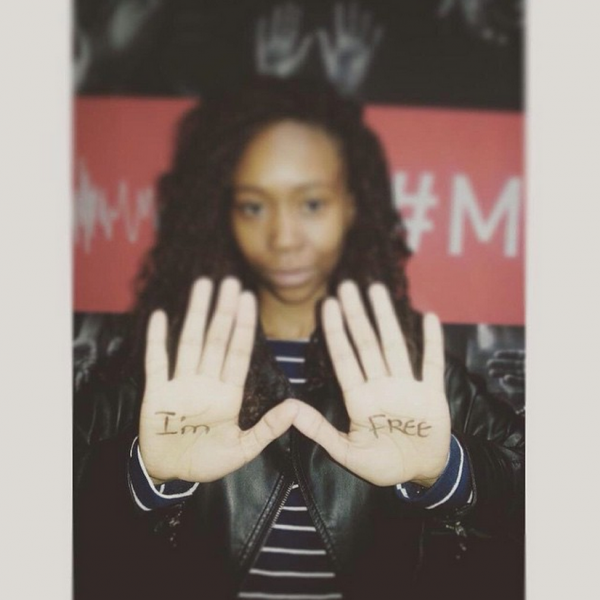Livity Africa‘s new initiative Voting is Power (VIP) Debate Club is tapping into the energy of South Africa’s youth to support better representation of young people’s voices in national politics.
In this blog, Making All Voices Count’s Melissa Mbugua reflects on their success and promise for the future.
Whoever says youth don’t care about politics should watch the South African space.
South Africa’s Born free generation – those born since the country’s first fully democratic elections – are not as politically apathetic as commonly reported in the national and international press. New initiative, VIP(Voting is Power) run by Livity Africa is connecting young people through social media, civic journalism, explorative videos, film screenings and real-life debate.
Exploring the power of civic journalism and social media
When I met the Livity team, they told me they started VIP during the 2014 elections to encourage their existing online audience for Live Magazine to debate political issues and vote on election day. They added in offline debates bringing political leaders to discuss issues directly with youth and had major success with Why Do You Deserve My Vote?, where representatives of all leading political parties faced questions directly from a live audience.
Livity found that their audience, largely located in Johannesburg and Cape Town, were eager to not only talk politics during election time, but continue their debates on political and social issues way beyond the election period.
In response to this, Livity started a monthly debate series called Live VIP Debate Club, which now features major issues facing youth in South Africa today, including controversial questions about gender and race.
Providing a constructive, safe space for conversation
Livity has made a conscious effort to foster a space that nurtures young people’s critical thinking and free expression. Sitting in at one of the monthly debates titled The A-Gender, I was impressed by the quality of intellectual debate and sense of responsibility with which the hip young participants discussed the full spectrum of gender issues facing their society. I should add that the pub in downtown Johannesburg where it was held was full – about 100 strong, with standing space only for newcomers.
Everyone who spoke was given a platform to be heard fairly. Even the most controversial opinions in the room had a space in the debate that was carefully moderated by Livity. I found myself thinking that this could be the future parliament of South Africa.
It was clear these young people cared about South Africa’s civic space, and were determined to make good use of the opportunity to make their voice heard.
On this, Lindsay Breytenbach, Publishing Director at Livity Africa notes:
Young people are trying to be responsible with their opinions. There is so much information available now, if you aren’t making an effort to be informed, you appear very backward. Youth today are therefore making an effort to consider every angle of an issue before making their arguments online.
Training young journalists to report on political processes
VIP also provides a platform for young people to make meaningful contributions to national policy by participating in parliamentary processes.
Trained youth journalists regularly report on parliamentary proceedings in a way that their peers can understand and relate to. A number of representatives were even invited to include their input during the review process of the National Youth Policy, and sit in an advisory committee of the President’s office.
The movement is gradually getting recognised by national institutions, meaning the youth voice is being channeled into important decision-making processes.
What’s the secret to tapping the political energy of South African youth?
VIP has built its platform to reach young people where they are. With reach on Twitter, Facebook, Google+ and Youtube of over 3 million and 26,000 monthly website visits, it’s reaching a significant proportion of South African youth directly.
The team is using social media to create a culture of informed debate where people consider context and make the effort to learn more about issues which affect them. Working with partners like Africa Check to encourage fact-checking by citizens, they are gradually shifting standards.
Reaching people is not only about being online: language and branding matter too.
VIP is run by a media company that specialises in producing content targeted at youth, so it’s leveraged its expertise and existing audience to deepen its impact in the social and political space. Most of the team falls within its target demographic, so they’re scratching their own itch so to speak. They have a deep understanding for their audience and the problem they’re trying to solve.
Their argument promoting the importance of this near-commercial approach was compelling and a useful check on the occasionally ‘NGO-ish’ dialogue that can turn away younger audiences. For Livity, this approach is key to their popularity and a common thread through their language, content and brand, as they manage to bring serious political issues to the fore.
Lessons in innovation
From an experimental beginning, VIP has become a fixture of Livity Africa’s work, and is now an established initiative with a large community of politically and socially conscious youth engaging daily in political debate and social action, online and offline.
What I found most impressive is that VIP is redefining the way that media plays its role as an intermediary between citizens and government.
They’re demonstrating new ways in which emerging media models are relevant for governance in Africa, particularly where youth form a majority of the population and are becoming the most relevant sub-group of the electorate.
Livity argue that the key to their success is that they make the effort to listen and truly understand their audience. Only then are they able to translate this voice into a language that decision-makers can understand.
What can we learn from watching VIP?
VIP is at the forefront of exploring new ways to engage young audiences meaningfully. At a time in which the global media scene is being turned on it’s head, VIP is exploring the potential of new tools to amplify citizen voice.
And through this, South Africa’s youth – the first generation liberated from an undemocratic political, social and economic system – are finding a way to speak up and make their voices heard.


